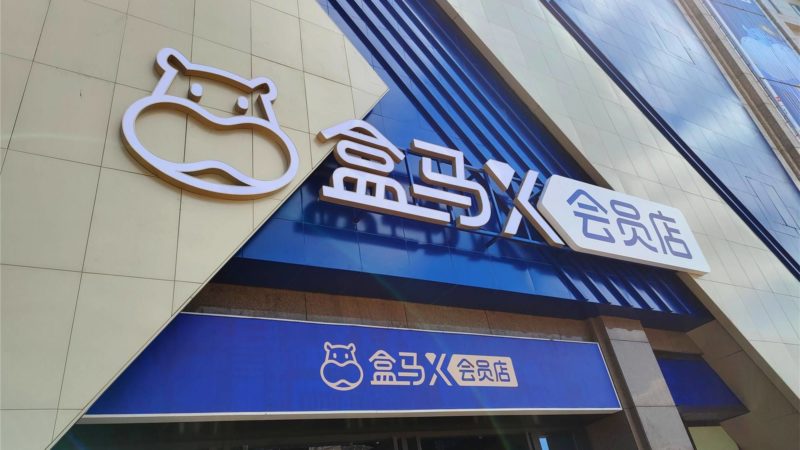Wearable devices are becoming the new sought-after product in China. This is thanks to the growing appetite for cutting-edge technology amongst China’s young generation coupled with the government’s push in the digital economy as set out in the 14th Five-Year Plan, resulting in wider adoption of these portable devices in various business scenarios.
Shipments of wearable tech products reached nearly 140 million units in 2021, a 25.4% year-on-year increase, according to the latest report released by IDC (International Data Corporation). Among which, ear-worn devices saw the biggest growth of 55.4%, hitting 78 million units, followed by smartwatches at 21.4%, equal to 39 million units. Wristbands, however, saw a 26.3% year-on-year slide in shipments to 19 million in 2021. But the positive image of the market is believed to continue with the overall shipments of these products expected to surpass 160 million in 2022.
The country’s growing interest in workouts has been driving up the demand for this portable apparatus due to its convenience, and the connectivity enables users to monitor their health in real-time. The decorative function, on the other hand, also seems to have played a crucial role in drawing in consumers, as 16% of those buyers reported wearing smartwatches as an alternative to fashion accessories.
Meanwhile, possessing such products also satisfy today’s young generations’ pursuit of recognised brands considering the wearable device market in China is largely led by tech giants such as Apple and Huawei. In addition, the application of these devices has now gone beyond personal use and has been extended to industries amid the country’s digitalisation in a wider commercial sector, with Huawei’s three new enterprise edition smartwatches being the latest move.
The new drops including Huawei Watch B5, B7, and B9, boast sleek product design, platform connections, and data collection, all designed to be compatible with corporate business scenarios. It is understood that these products will provide dedicated services that cater to the needs of institutional clients in industries ranging from insurance to energy and medical care.









